10 Unexpected Spice Pairings That Will Make Your Steak Taste Like Heaven
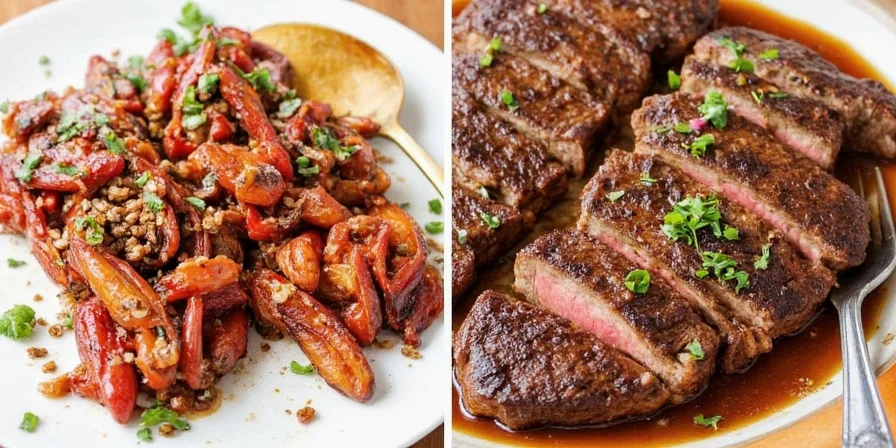
Table of Contents
- Why Spice Matters When It Comes to Steak
- Top 10 Innovative Spice Pairings for Steak
- Pro Tips for Seasoning Like a Chef
- The Science Behind Flavor Pairing
- Spice-Based Steak Recipes You Must Try
- Conclusion: Spice Up Your Life (and Your Plate)
Why Spice Matters When It Comes to Steak
If you think steak is just about meat quality and doneness, you're missing half the story. The right spices can transform a good cut into an unforgettable experience. Whether you’re a backyard grill master or a seasoned pro in the kitchen, understanding how different spices interact with beef opens up a whole new world of flavor.

The Art of Balancing Flavors
A great steak seasoning does more than add salt and heat — it should balance sweet, umami, acidity, bitterness, and fat. This interplay turns a basic piece of meat into a symphony of taste.
Top 10 Innovative Spice Pairings for Steak
Forget the usual black pepper and garlic salt. These 10 spice combinations are here to shock and awe your taste buds. We’ve ranked them from crowd-pleasers to experimental blends so you can pick based on your mood or occasion.
- Smoked Paprika + Brown Sugar: Sweet meets smoky in this barbecue-inspired rub.
- Cumin + Lime Zest: Earthy cumin with a bright citrus twist wakes up the palate.
- Za’atar + Olive Oil: A Middle Eastern staple that adds herbal complexity.
- Coffee Grounds + Cayenne: Bitter, smoky, and spicy — perfect for dark roast lovers.
- Turmeric + Coriander: Warm, earthy, and slightly bitter — ideal for fall and winter grilling.
- Lavender + Thyme: Floral meets herby in a surprisingly savory combo.
- Star Anise + Orange Peel: Asian-inspired fusion that brings out the sweetness in beef.
- Cardamom + Black Pepper: A bold Indian twist with aromatic depth.
- Szechuan Peppercorns + Garlic Powder: Tingling heat paired with savory richness.
- Nutmeg + Rosemary: Think holiday roasts but on your summer grill.
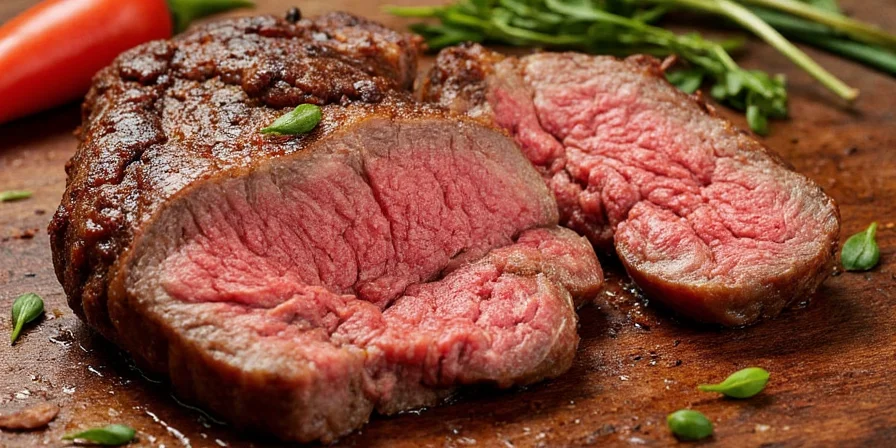
| Spice | Flavor Profile | Best For | Complementing Ingredients |
|---|---|---|---|
| Smoked Paprika | Smoky, sweet | Barbecue | Brown sugar, garlic |
| Za'atar | Herbaceous, tangy | Mediterranean dishes | Olive oil, lemon |
| Cumin | Earthy, nutty | Tacos, grilled meats | Lime zest, chili powder |
| Coffee | Bitter, rich | Dark meat, thick cuts | Cayenne, cocoa powder |
| Lavender | Floral, herbal | Gourmet dinners | Thyme, olive oil |
Pro Tips for Seasoning Like a Chef
You don’t need Michelin stars to season like a chef. Here are some insider hacks that make all the difference:
- Let it rest after seasoning: Salt and spices need time to penetrate. Aim for at least 45 minutes before cooking.
- Use oil as a binding agent: Rub a bit of neutral oil (like avocado or grapeseed) on the steak before adding dry rubs — they’ll stick better.
- Don’t overdo it: Too many spices can overpower the beef. Stick to 2–4 core ingredients per blend.
- Toasting spices first enhances flavor: Lightly toast ground spices in a dry pan before applying for deeper aroma.
- Pack the rub: Press the spices firmly onto the meat — don’t just sprinkle!
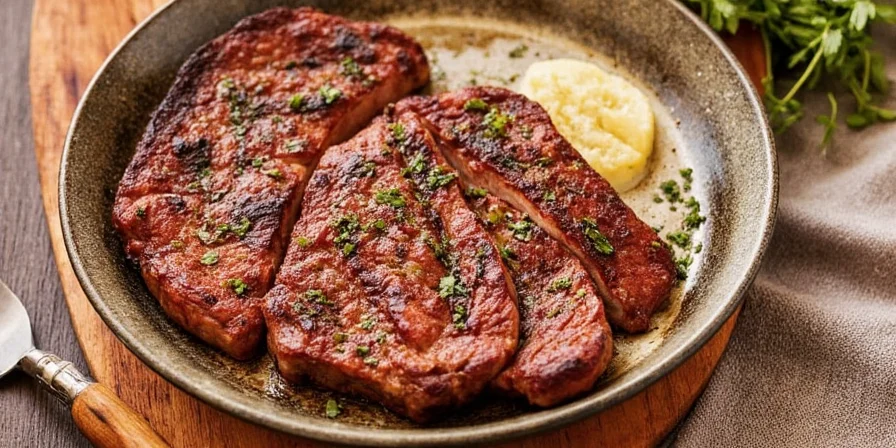
The Science Behind Flavor Pairing
Believe it or not, there’s real chemistry behind why certain spices work well with steak. It’s all about volatile compounds and how they interact with proteins and fats.
Volatile Compounds = Volatile Flavors
When you cook meat, Maillard reactions occur, creating complex flavor molecules. Spices containing similar chemical components enhance these reactions — hence the magic of pairing.
Proteins Love Fat-Soluble Flavors
Most spices contain fat-soluble oils. Since beef has a fair amount of marbling, those flavor compounds get absorbed more efficiently, leading to a longer-lasting taste experience.
Umami All Day Long
Spices like cumin, coriander, and star anise naturally contain umami-rich glutamates, which pair beautifully with the natural umami in beef. It's like a flavor high-five!
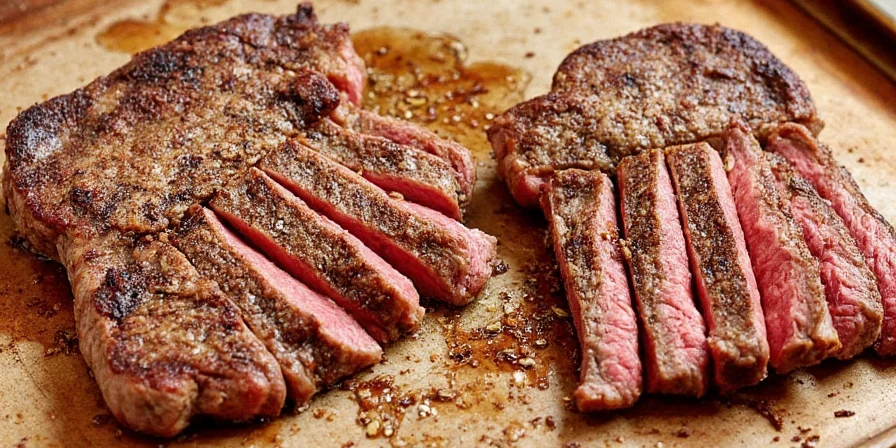
Spice-Based Steak Recipes You Must Try
Ready to take these spice pairings for a spin? Here are three quick and easy recipes that highlight each type of flavor profile:
- Smoky Maple Ribeye: Mix smoked paprika, brown sugar, garlic powder, and a pinch of cinnamon. Brush with maple syrup before searing.
- Middle Eastern Skirt Steak Kebabs: Marinate in za’atar, olive oil, lemon juice, and sumac. Thread onto skewers and grill until charred.
- Chili Coffee Porterhouse: Combine finely ground coffee, cayenne, sea salt, and smoked sea salt. Rub liberally and let sit overnight.
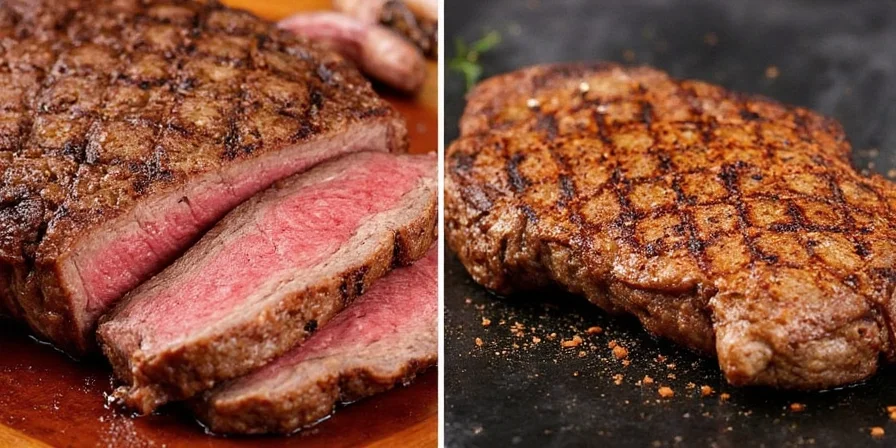
Conclusion: Spice Up Your Life (and Your Plate)
Spice is more than just a topping — it’s the secret weapon in turning a great steak into an extraordinary one. With these innovative spice pairings, you’re not just cooking meat; you’re crafting experiences.
Whether you prefer the familiar warmth of rosemary and nutmeg or want to experiment with lavender and cardamom, the world of spices offers endless possibilities. So next time you fire up the grill or hit the stovetop, think beyond the shaker. Let your taste buds travel — and bring your steak along for the ride.
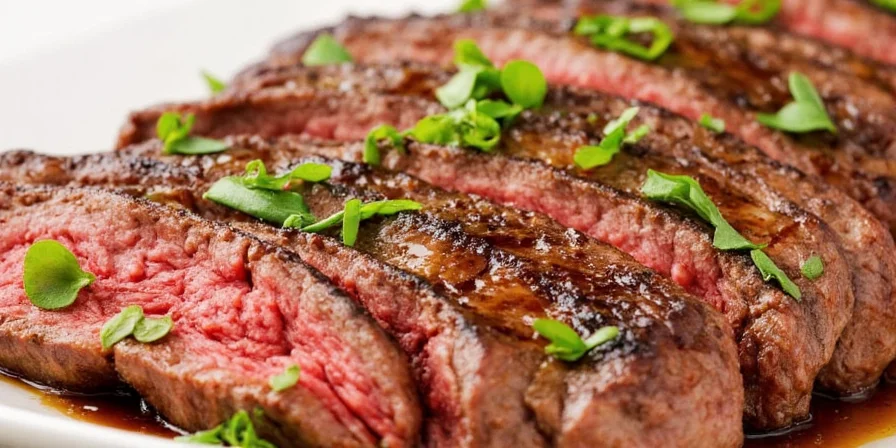

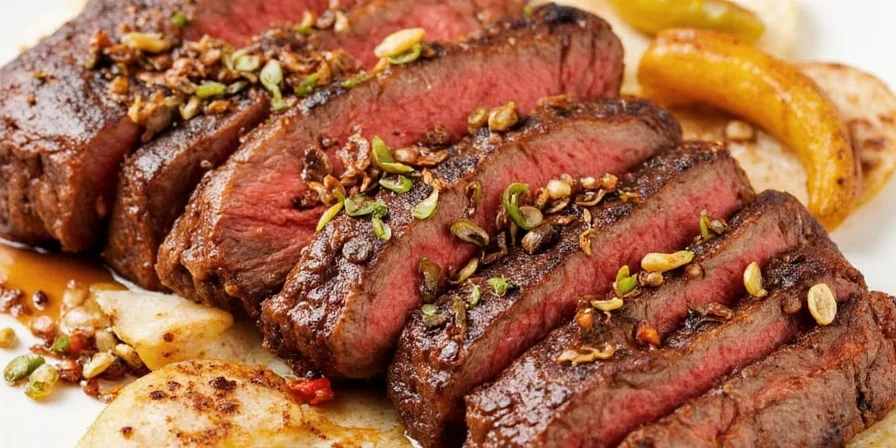









 浙公网安备
33010002000092号
浙公网安备
33010002000092号 浙B2-20120091-4
浙B2-20120091-4